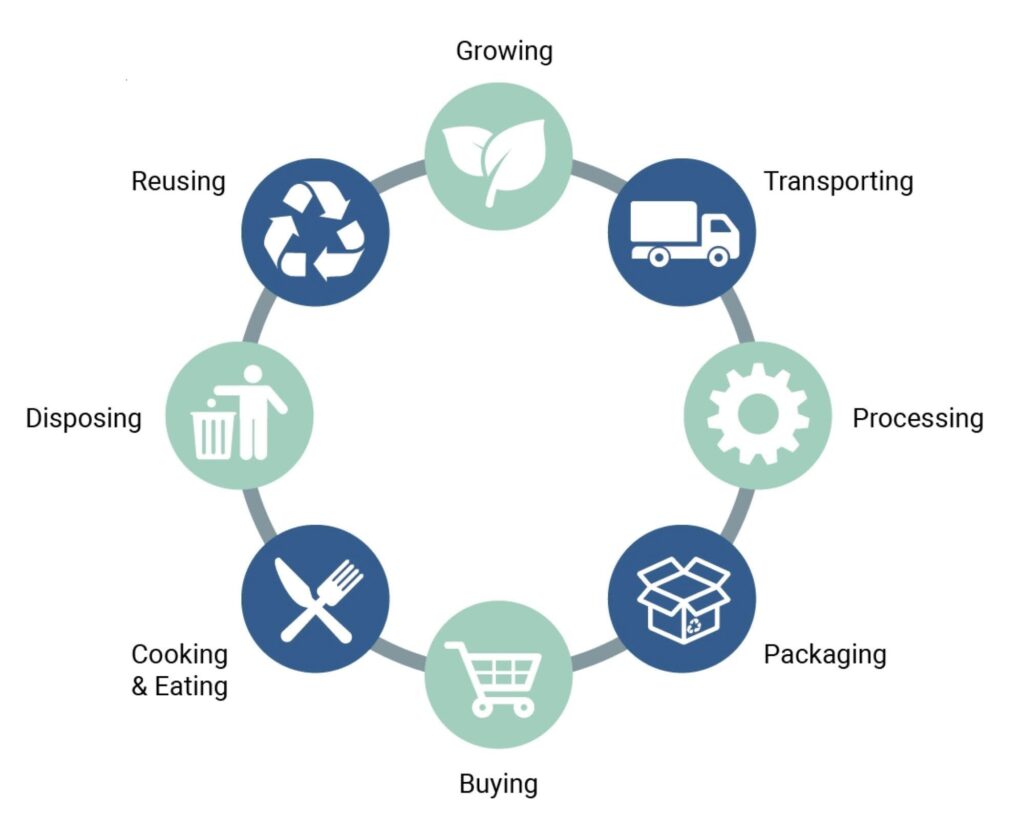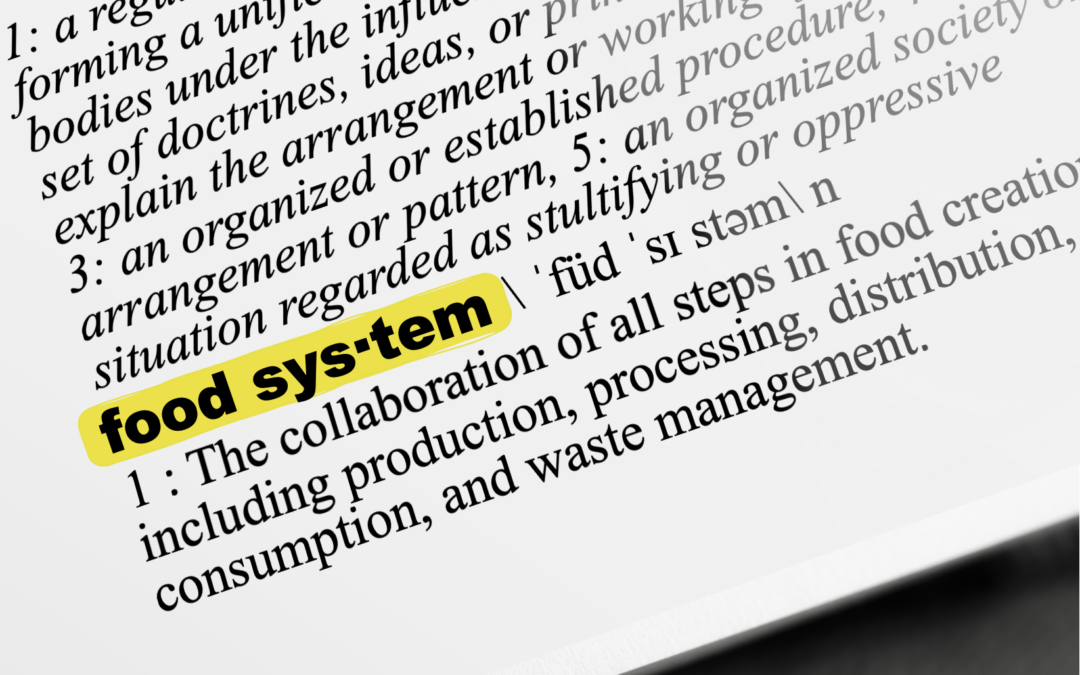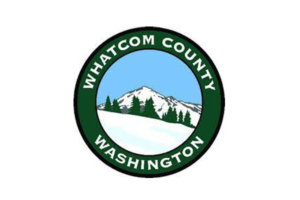The “food system” is all the steps to get food from farm to table. It encompasses production, processing, distribution, consumption, and waste management. This system can work collaboratively to enhance social, economic, and environmental sustainability. Ecosystems, research, education, funding, our culture, and our policies influence the journey our food takes through the food system.
- Growing is the process of growing and harvesting fruits, vegetables, and other forms of food by using soil, pasture, or hydroponic/aquaponic/ aquaculture methods. This includes raising or keeping animals for food production, fishing, and hunting. Other considerations are protection and access to resources needed for growing activities, such as land, seeds, and water.
- Transportation involves the collecting and delivering of food. Transportation costs can be significantly lower when purchasing local food because local food does not have to travel many miles to reach the point of purchase. Moving food can occur multiple times within a food system.
- Processing takes raw foods and converts them into value-added products. Food processing can be as simple as cleaning raw fruits and vegetables or changing the product’s physical form, such as making tomatoes into sauce or grinding grains into flour.
- Packaging readies food for distribution and sale for those who will purchase it for consumption.
- Buying is selling food products directly to consumers or institutions. Local food can be sold directly to consumers or restaurants or wholesale to food hubs, institutions, grocery stores, or distributors. Buying also considers how people can access food through food banks or using SNAP/EBT benefits.
- Preparing and eating involves preparing and consuming food at home and congregate levels. This stage examines household and cultural purchasing choices, resident access to nutrition education, and local food awareness.
- Disposing involves handling the food waste across the food system — from the farm, including post-harvest, to the consumer level.
- Reusing addresses food-system sustainability which may include farm-gleaning practices or grocery rescue programs. This component considers reducing food waste and providing in-need populations access to nutritious food.
In the past, food systems were mainly localized and self-sufficient: food was grown, processed, sold, consumed, and disposed of in one place, and what could be grown in a local climate and ecosystem restricted food choices. Today, our food system is global, as many places rely on importing what cannot be grown locally to meet consumer demand.
However, many communities are working to enhance their local food system, in which local farmers, businesses, community members, and consumers work together to form a more resilient and sustainable local food economy. All eight components are equally important when assessing a food system in one’s community to address gaps.
For example, food access issues are generally not limited to one section of the food system, and if only one part of the system is addressed, food access problems may persist. A neighborhood grocery needs suppliers that can fulfill small orders and shoppers who know how to cook meals using products they stock. This model can address issues holistically by including voices from all parts of the food system.
The food system plan is the strategic framework that outlines the policies and programs to build a more resilient local food system. New Venture Advisors leads food system planning processes to assess these components to create roadmaps that address system challenges through multiple goals prioritized by the community.




I feel that to be truly complete, the circle of food system should also include in the DISPOSING section should include human and animal “solid waste”…
Thank you, Francois!